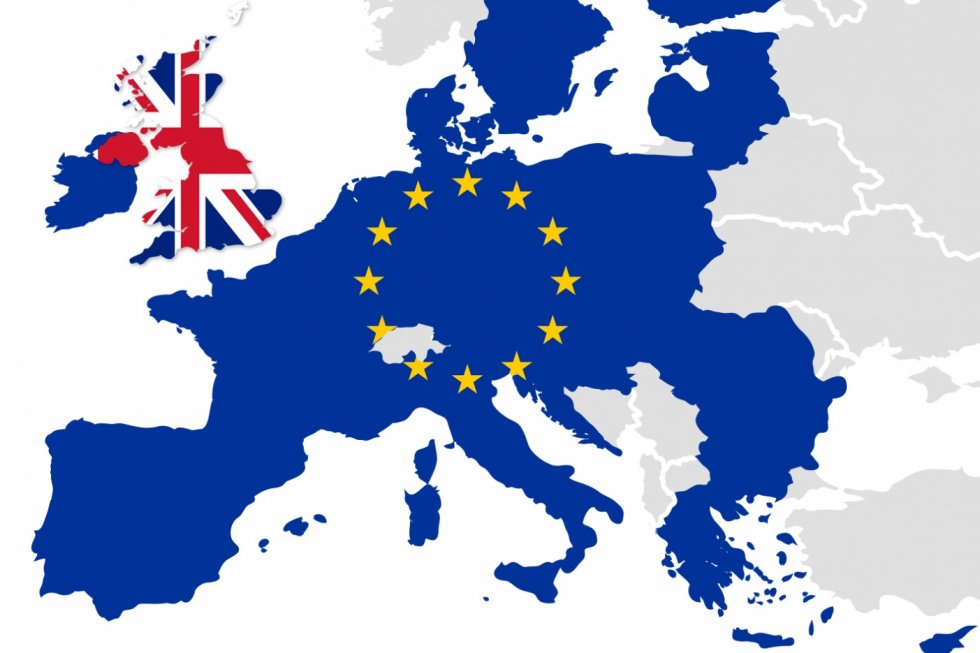Why EU is worried?

TEHRAN - European officials continue to worry about their political future. The social, political, economic and security developments in Europe show that the European Union is not in a good position. This has caused European officials and many experts and analysts to warn Europe's issues about the future. A future whose signs are now visible.
In the course of the Munich Security Conference, the confusion of European countries was clear about current issues in the international system. Many European politicians could not hide their fears of these developments. On the other hand, the presence of the Trump government in the United States has become a serious problem for Europe. The president of the United States looks at the EU and the euro area negatively. Donald Trump welcomes the collapse of the European Union. However, some European politicians continue to play on the land of the United States.
Also during the World Economic Summit in Davos, the Chancellor of Germany and the President of France both gave a significant warning about the return of nationalism and populism to Europe. This warning has been sent in a time when Far-Right movements in Europe have been able to gain unbelievable power and even seek to conquer a majority of parliaments and form governments.
In her speech, Angela Merkel emphasized that the twentieth century's mistake shouldn't be repeated. By this, the German Chancellor meant the tendency of European countries to nationalism. Although the German Chancellor warning was serious and necessary, the warning seems to be a little late. Perhaps it would have been better if the warning was forwarded after the European Parliamentary elections in 2014, and subsequently, more practical and deterrent measures were designed.However, Merkel and other European leaders ignored the representation of over a hundred right-wing extremist in the European Parliament in 2014 and merely saw it as a kind of social excitement.
The fact is that many European officials still do not understand the current facts in the European Union! This social excitement has now become a "political demand" in the West. The dissatisfaction of European citizens with their governments has caused them to explicitly demand the return to the twentieth century and the time before the formation of the United Europe.
The recent victories of right wing extremists in Austria, Germany and…, isn't merely the result of the nationalist movement success in introducing its principles and manifestos. But it is also a result of the failure of the "European moderation" policy to resolve social, security and economic problems in the Eurozone and the European Union. In such a situation, European citizens find that the solutions offered by the moderate left parties didn't work in removing the existing crises in Europe.
Obviously, in this situation "crossing the traditional parties" would become a general demand in the West. Under such circumstances, Merkel's and other European leaders' warnings about the return to the twentieth century and the time before the formation of the United Europe simply means the inability of the Eurozone authorities in preventing the Right-extremism in the West.
France and Germany are two countries that are afraid of the future of the European Union and, on the other hand, have unwittingly led to the fall of the European Union with their behaviors. An overview of the French President's remarks at the Davos summit can be analyzed and analyzed. Speaking at the Davos summit, "Emanuel Macron" the French President warned of the victory of nationalists and extremists in Europe and said:
"In my country, if I do not make sense of this globalisation then in five, 10, 15 years time it will be the nationalists, the extremes which win -- and this will be true of every country."
The commonality of Merkel's and Macron's remarks is their concern about the return of European citizens to nationalism. As noted, this process has intensified in Europe. The extremist party of Freedom found way to the Austrian coalition government, and the increase in radical far-right votes in countries like France, Sweden and Germany, is a serious crisis in Europe. The recent warnings by the German Chancellor and the French President should therefore be seriously analyzed and evaluated.
Ultimately, Europe has an ambiguous future. However, we can not ignore the role of European leaders in this matter! The passive policies of the European countries against the United States, and in particular the Trump government, will be in the near future to the detriment of the European Union.
Leave a Comment